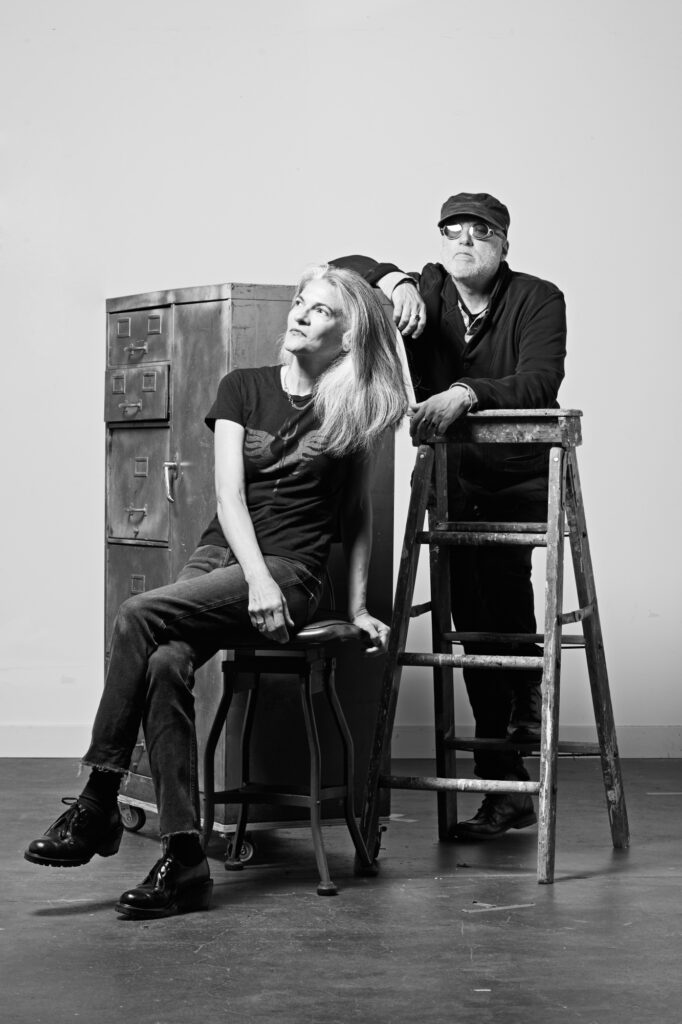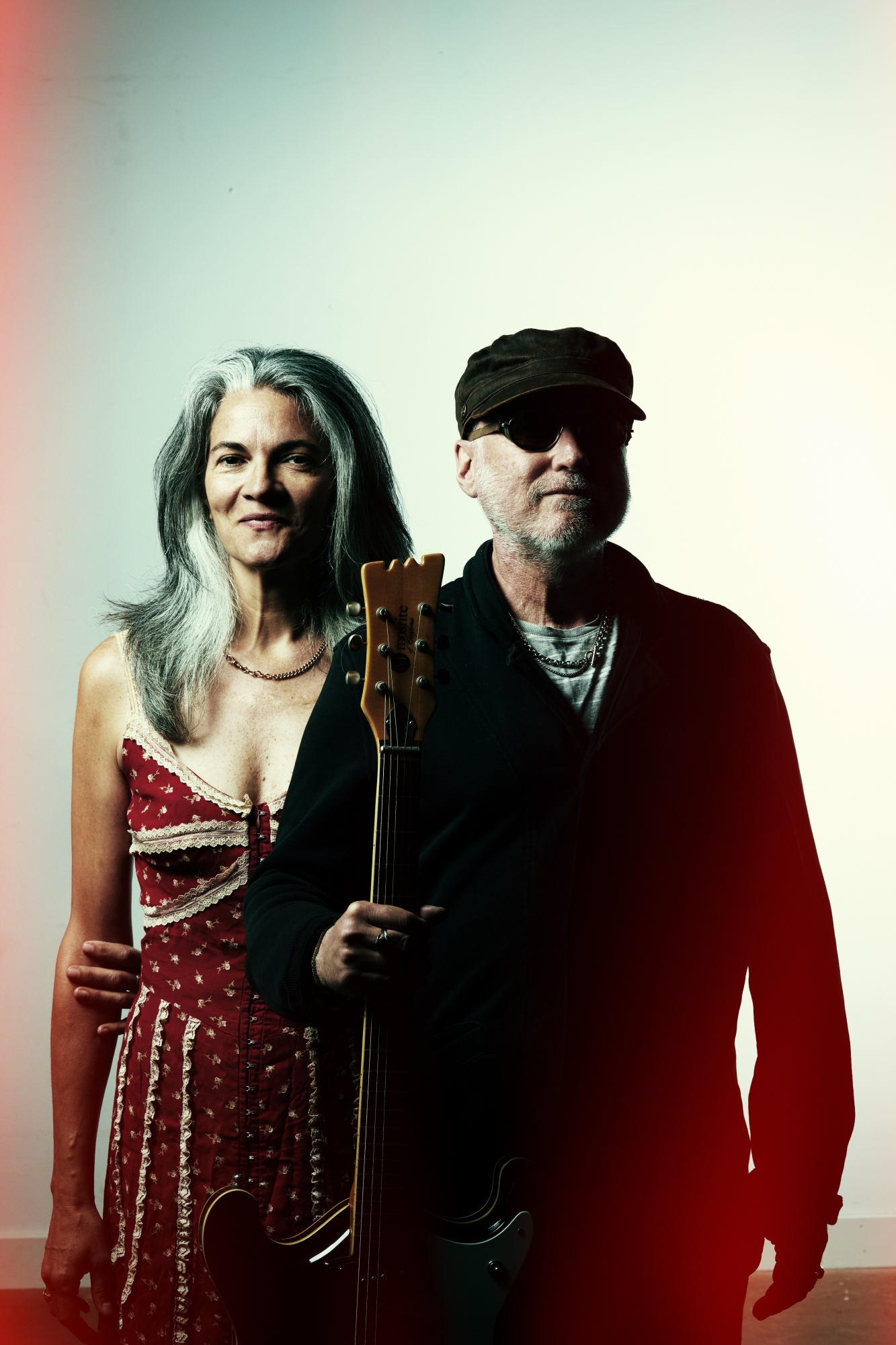From the early days of his childhood in the seaside town of Duxbury, Massachusetts, Dean Fisher knew he wanted to be a musician. “My whole life, that’s what I’ve known I wanted to do,” Dean tells Post-Burnout. “Since I was little, I wanted to play drums, and it was back in the days when there was really good…My school system had excellent music programmes, so I got all that stuff through there.
“And during that time, I was playing with friends, too. I knew it was something I wanted to do; I didn’t know how much of it I was going to be able to do, but, yeah, forever I’ve been doing that.” Dean’s first instrument was the violin, but he coveted the forbidden drumkit. “Drums was what I wanted to play but they were really trying to steer us away from it, at school,” says Dean. “I’m not sure why. They just thought, ‘Oh, everyone wants to play drums.’”
At around 12 years old (approximately; memory is a fickle thing), Dean finally was able to take drum lessons. He began with a practice pad, then a sneer drum was slowly added, and more parts accumulated from there until he found himself with a full kit.
In the early-to-mid ‘80s, Dean became fond of hardcore punk and began travelling into Boston to attend shows by touring acts like Dead Kennedys, Black Flag, and Circle Jerks at some of the city’s most famous venues, like The Channel on Necco Street and The Rathskeller on Commonwealth Avenue. He also began playing drums with local acts and would go to Newbury Comics to check out new music by non-hardcore acts, like Ramones and The Pretenders. “It was just a very interesting time,” he says of this era.
In the late ‘80s, Dean moved to Boston to attend the Berklee College of Music, where he studied Drums. In his downtime, he had picked up bass and began playing it for the short-lived grunge-inspired project Thudpucker. “Bass was sort of a hobby, and Thudpucker was a not-very-professional level of playing,” Dean says. “It was just an experiment for me, doing that. But I wasn’t really a great bass player. [Laughs] Maybe I never will be!”
Dean’s roommate in Boston at the time was another Berklee student who was gaining a lot of traction in the local scene from her college rock-influenced band Blake Babies and who also happened to be an old friend and alumni from Duxbury High School: Juliana Hatfield.
“I was going to school when she had already been in Boston for a year and started Blake Babies,” explains Dean. “We knew each other; we were both playing in high school bands and stuff. We’ve always been in touch. […] That was a very exciting time; Blake Babies and The Lemonheads were just getting started, but I was just in school.”
In the early ‘90s, after Blake Babies’ initial dissolution, Juliana went on to start a solo career that began with the release of her I See You EP in 1992. For the EP, she enlisted Dean on bass. On his bass playing, Dean says, “I didn’t really get into shape until Juliana hired me. So, I kind of just got backed into that.”
After the release of her solo debut album, Hey Babe, the same year (which didn’t feature Dean’s talents), Juliana enlisted Dean and the drummer for I See You, Todd Philips (no, not that one), for her next project, The Juliana Hatfield Three, which resulted in the flawless album, Become What You Are,in 1993. The Three soon dissolved afterwards, with Juliana resuming to release her music as a solo artist. Dean provided bass on most of the tracks for her next album, 1995’s Only Everything.

Photo by Chris Gorman
Courtesy of Thinkpress
In 1996, Dean married the local indie legend Tanya Donelly, who had made her name in the ‘80s through her band Throwing Muses, which she co-founded with her stepsister, Kristin Hersh, in 1981. In 1989, she co-founded The Breeders with then-Pixies bassist Kim Deal, who were both uncertain about the future of their respective projects. In 1991, she left Throwing Muses to form Belly, and, upon completing their Safari EP in 1992, she left The Breeders the following year to commit to it.
After Belly broke up in 1996, Tanya began performing solo. Since her Sliding & Diving EP (also released in 1996), Dean has been the bassist on all her solo material and for most of her live performances. Dean also played drums for various Massachusetts acts and, since 2015, has been the bassist for a reformed The Juliana Hatfield Three. “If anyone asks me to play, I like to say ‘Yes,’ if I can,” Dean says.
One of the bands Dean played with was the dark rock group Ghosts and Shadows, which began in 2013. “That one was just a very local thing; just around town,” Dean says of the project. “Just friends that we had, people playing locally just for fun. We’ve been playing out in the area, but we haven’t really reached out beyond Boston. We put out two albums, so we still do it. It’s a very fun thing to do.”
While joining the band at the request of friends, one of the members of Ghosts and Shadows whom Dean was initially unfamiliar with was its founding member and vocalist, Gabriella Lawrence, whose background was primarily in classical music and who was not originally from Massachusetts.
“She was actually living in New York, managing an orchestra of all things, and moved here to start a family,” Dean says of Gabriella. “She was into Blondie and Brian Eno, a lot of stuff from the ‘70s. We don’t actually have a lot of crossover, musically, as far as our tastes.”
Despite their initial preferential differences, Gabriella and Dean saw overlap as songwriters and began crafting an interesting and diverse palette of songs. With this new set of genre-defying tracks, Dean saw promise for a new project and enlisted some friends and musicians he had worked with during his tenure on Juliana and Tanya’s projects.
Dean sought Elizabeth Steen on keys, Joe McMahon on bass and Russell Chudnofsky on guitar for this new project called TINKERTOWN, as, over the years, he had witnessed their abilities to effortlessly and masterfully nail rock, jazz, trad, and folk instrumentations. The result of this collaboration is the project’s debut album, American Gothic, which was released today.
“I guess I’ve had this in the back of my mind, to do this, for a long time, because of all those guys,” Dean says of American Gothic and its list of players. “The whole record was made with just the same five people, even though it’s all over the place. It’s also just the way I like to write songs, to serve the song, you know? Whatever type of song it is, I want to make it the best. Use whatever instruments that it wants and take it wherever it wants to go and don’t try to worry about, ‘Is this all the same genre or not?’”
We asked Dean if he feels that a project like TINKERTOWN, which does not have its focus on genre or continuity, could exist in any other era with certain expectations from labels and A&R, who were attempting to sell each artist on their roster in a convenient and predictable package. He responded, “I really feel like this is a better time for that.
“I really feel like, because of the internet, time periods have been washed together. I hear so much new music made by younger artists, and there’s so much jazz and blues and things mixed all together, I think it’s much more of a natural thing. So, for me, it’s kind of a dream come true, this atmosphere of that. I do feel like it’s more of an open time, and I don’t feel encumbered by any kind of pressure to do anything.”
This autumn, Dean will go with The Juliana Hatfield Three on a theatre tour of the U.S., supporting the long-running Minneapolis alternative band Soul Asylum (as well as headlining some club shows on the tour’s off-days). While that occupies most of Dean’s immediate focus, he also considers what comes next for TINKERTOWN.
“When I was making American Gothic, I was thinking, ‘I’m going to put everything I have into this one album, and that’s going to be it, possibly’,” Dean says. “And then, once that was finished, I started writing again, right away, and I started digging up some things that I wrote in the ‘90s that I really liked that never really got formed, but I feel like now is the time. So, I feel I have at least one more album in me that I want to put everything I have into, as well. [Laughs] And then we’ll see what happens after that!”
TINKERTOWN’s debut album, American Gothic, is out today on American Laundromat Records. You can stream it on all platforms or purchase a copy here.
Tune into today’s episode of POSTBURNOUT.COM Interviews… at 21:00 (IST) to hear this interview in full. Available on YouTube, Spotify, Apple Podcasts, and Amazon Music Podcasts.

Aaron Kavanagh is the Founder and Editor-in-Chief of Post-Burnout. His writing can also be found in the Irish Daily Star, Buzz.ie, Totally Dublin, The GOO, Headstuff, New Noise Magazine, XS Noize, DSCVRD and more.

 POST-BURNOUT
POST-BURNOUT